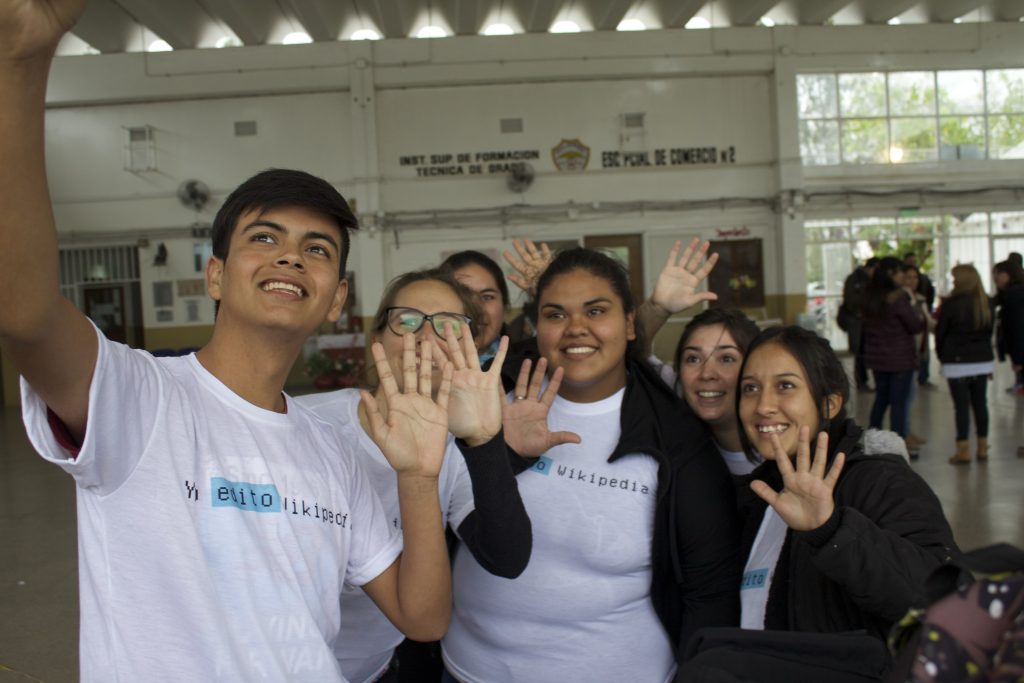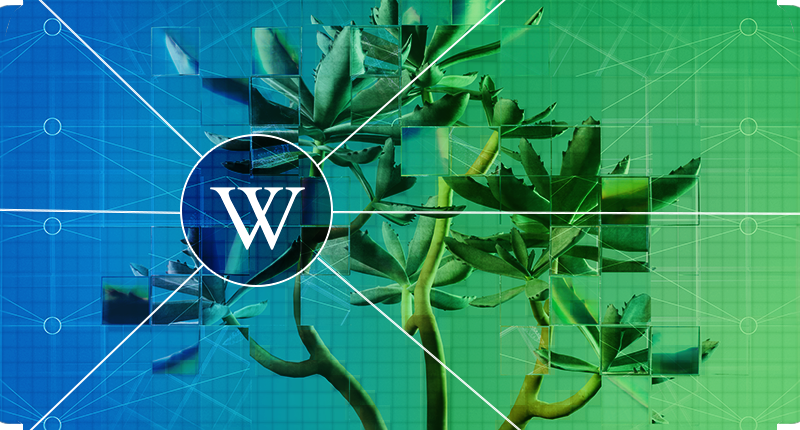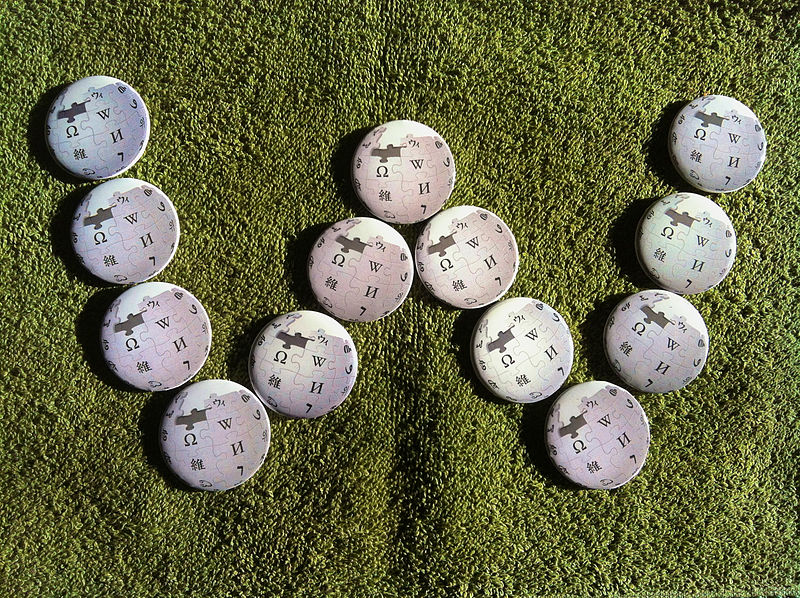The Wikipedia Education Program is…
This is a sentence that will be completed differently by almost anyone you ask. Over the past year, the Wikimedia Foundation’s Education team has been working to define this idea, and a major milestone towards doing just that was achieved on 17 January with the release of “Does Wikipedia Belong in Education?,” a survey report on the Wikipedia Education Program.
In September and October 2017, we surveyed stakeholders in the Wikipedia Education Program to get their perception of the program as a whole—including where we were succeeding, and where we could do with some improvement. More than 200 people completed it in 10 different languages. In addition to the survey, the Education team conducted interviews with Wikimedia affiliates that helped to qualify the survey data. We wanted to find out what people think we are doing, what they think we should do, whether they value Wikimedia projects being used in education, and what they think of our current communications materials and resources.
We found that although there are plenty of gaps in awareness around what the Education team does, all stakeholders value Wikimedia projects in education. Affiliates and program leaders value student contributions, seeing them as growing the quantity and quality of content in local languages. Educators value the way using Wikimedia projects in the classroom helps their students acquire vital 21st century skills like digital literacy and information literacy.
The relationship between Wikimedia and education is a symbiotic one, and this survey helped us to understand that we need to do better at communicating this. In fact, we need to do better at several things. For this reason, we’ve come up with three ways we’re going to change the Education team’s focus and projects to best support the Wikipedia Education Program in order for us to improve and scale.
1. We will improve communication both internally and externally about how using Wikimedia projects in education benefits the Wikimedia movement and contributes to global goals for education.
We will seek out and create opportunities to share impact and collaborate with internal stakeholders, and we will develop communications materials and resources that make it easier for educators to become contributors through using Wikimedia projects in the classroom.
2. We will revise the scope and workflows of the Education Team in order to better align with the new movement strategy and support the diverse needs of stakeholders at scale.
We will work with our stakeholders to define the relationship between the Wikimedia movement and the education sector, we will align the goals of the education team to the new movement strategy, and we will improve communications to potential partners who can help achieve shared goals.
3. We will develop communications materials that are accurate, up to date, and user friendly for non-Wikimedians.
We will redesign the logo we use to represent Wikipedia/Wikimedia and education and other branding materials, we will develop a portal for Wikimedia and education that is welcoming, inspiring, and informative. It will also be user friendly for non-Wikimedians. We will also develop systems and workflows in partnership with other stakeholders that ensure the information we present is accurate and up-to-date.
With the help of those who participated in the survey, we now have a better understanding of how our stakeholders perceive the Wikipedia Education Program, and the work of the Education Team at the Wikimedia Foundation. The survey itself, and also the process of engaging in this research, has been an incredible learning experience. We will use this information to make necessary changes, and hope these changes help us to better serve Wikimedians and educators in their efforts to bridge these two important domains. While we learned what needs to change in order for us to improve and scale, we were also affirmed in the knowledge that Wikipedia (and other Wikimedia projects) do belong in education.
You can read the full report on Wikimedia Commons and on the Outreach wiki.
Nichole Saad, Program Manager, Community Programs
Wikimedia Foundation




